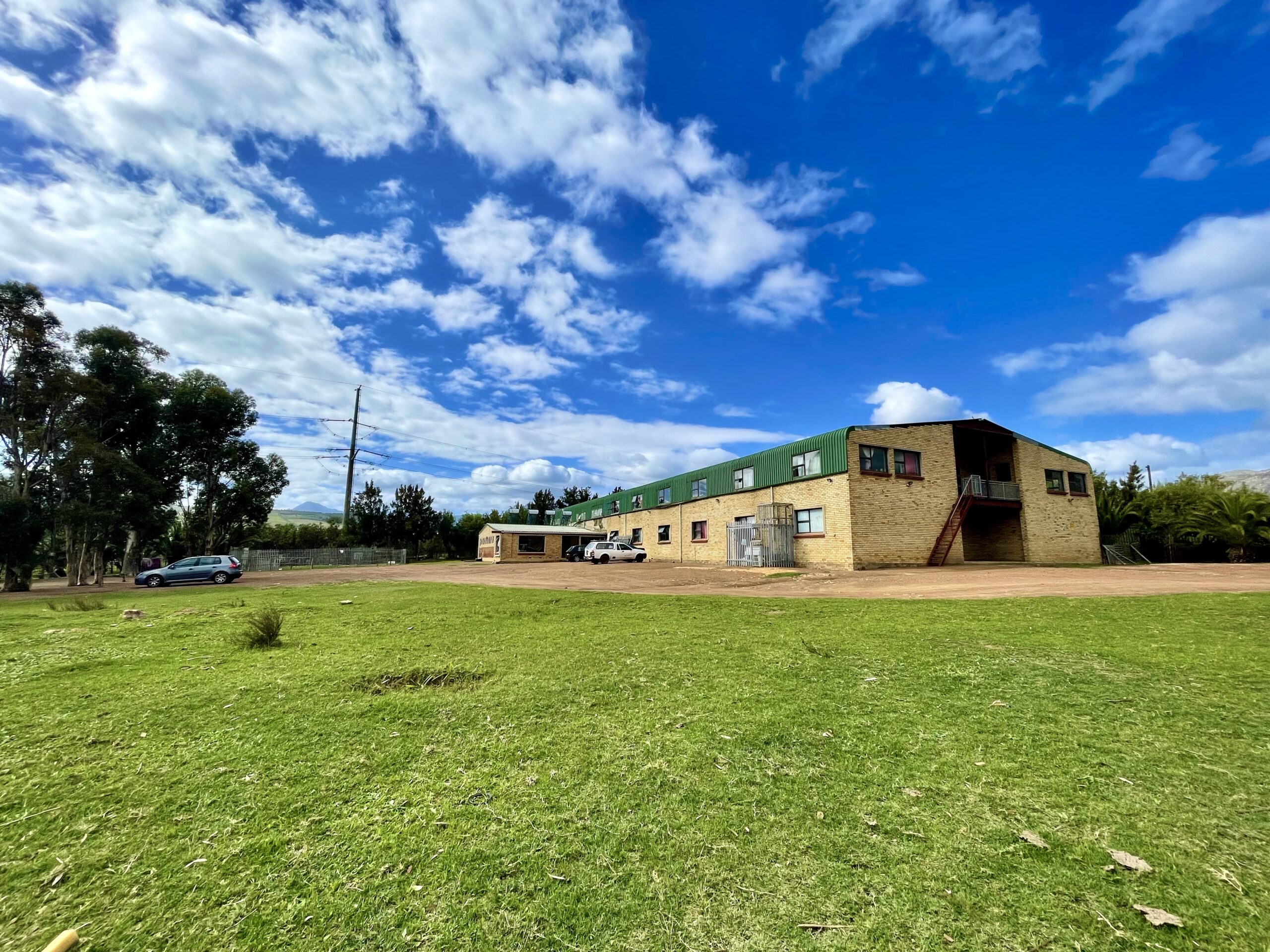
Our Institute
Our Curriculum
Dār al-ʿUlūm al-ʿArabiyyah al-Islāmiyyah (DUAI) currently offers parallel ʿālim and ḥifẓ programs for males and an ʿālimah program for females. Our ʿālim and ʿālimah programs run over 6 years and two stages: a 2-year Introductory Course followed by a 4-year ʿĀlimiyyah Course.
The program is inaugurated by a rigorous 2-year study of Arabic together with introductory reading in all major disciplines – ʿAqīdah [Islamic Creed], Uṣūl al-Fiqh [Legal Theory], Fiqh [Islamic Law], Ḥadīth [Prophetic Narrations] and its critical sciences, ʿUlūm al-Qurʾān [Sciences of the Qurʾān], Tafsīr [Qurʾānic Exegesis], Tazkiyah [Islamic Spirituality] and Sīrah [Prophetic Biography] – to facilitate comfort and capability in the Arabic language.
Advanced studies begin in earnest during the 4-year ʿĀlimiyyah Course. A thorough groundwork in all major disciplines is cultivated through a demanding and stimulating curriculum of key classical and modern texts. For example, Manāhil al-ʿIrfān by ʿAbd al-Aẓīm al-Zurqānī is a graduate level text (even post-graduate level text) in some quarters and begins in our third year (i.e., the first year of the 4-year ʿĀlimiyyah Course). Readings of Ḥadīth collections are pursued throughout this course alongside a progressively deepening study of its critical sciences, such as Ḥadīth terminology [Muṣṭalaḥ al-Ḥadīth] and the field of narrator critique [al-Jarḥ wa l-Taʿdīl]. The study of Fiqh is similarly studied concomitantly with an intensive exploration of Uṣūl al-Fiqh, culminating in al-Yūbī’s Maqāṣid al-Sharīʿah.
Our Pedagogy
Our pedagogy emphasizes small classes, intimate teacher-student interaction and a learning milieu that promotes a profound commitment to life-long study, continuous self-reformation and an ethic of community service. Students are actively encouraged to read extensively and build their own personal libraries. Indeed, many do and become incorrigible bibliophiles.
Our Library
One of the capstone experiences of any student of ʿilm is the hours spent in the library exploring the rich and bewildering legacy of Islamic scholarship. Our library is our prized possession; it is richly-stocked, always-increasing, and will satisfy the demands of the most discerning researcher. Most importantly, it is open day and night.
Our Teachers
Majority of our teachers in the Arabic and Islamic Studies Department are graduates of our institute. Our institute continues to develop and produce top-notch, capable graduates to educate and inspire the next generation of scholars. Of our teachers have also benefited from education at other institutions, both domestic and abroad. Present and previous teachers have studied at Darul Uloom Deoband in India; Darul Ulooms Zakariyya, Azaadville, and Newcastle in South Africa; and abroad in Madinah, Egypt, Syria and Jordan.
Our Students
Our students are taught to be instruments of change and benefit for others. Besides South Africa, students also hail from Malawi, Mozambique, Kenya, Tanzania, Somalia, Zanzibar, Zimbabwe, Burundi, and further afield from Malaysia, Canada, Turkey, Kyrgyzstan, the Philippines, Thailand, Guyana, the United States, the United Kingdom, and Australia.
Our current student body comprises around 140 students: 90 males and 50 females. The males further comprise 56 ʿālim and 34 ḥifẓ students while the females comprise exclusively ʿālimah students.
Our Graduates
Our graduates pursue diverse ends across the world: further studies, research, writing, community leadership as Imams, and community education. Many go on to establish their own institutes. To date, we have produced 191 graduates from the ʿālim program, 53 graduates from the ḥifẓ program, and our first 2 graduates from the ʿālimah program.
Our Research Interests
Our research interests are topical and attempt to critically engage with challenges of the here and now. Our portfolio is diverse and growing and includes: Orientalism, the challenges of post-modernity, deviant creeds, family psychology and dispute resolution, gender dynamics, inter-faith engagement and debate, Islamic economics and finance, Qurʾānic recitation and its history, Islamic spirituality, and the Fiqh of Muslim minorities to name a few.
Our Affiliates
From our institute came the seeds that gave birth to the range of institutions that have revolutionized higher Islamic education in the Western Cape: Darun Na’im, Dar al-Turath al-Islami, Dar al-Mahamid, Dar al-Tafawwuq, Mizan Institute, Zahraa Institute, Qamar Institute, etc.
Internationally, our students have gone on to establish affiliated institutes in Malaysia, Sri Lanka, Malawi, Australia, Philippines, and Canada. Students from affiliated institutes often come to us in South Africa for the final two years of study.
Institutional Cooperation
Due to our expertise in areas such the Shāfiʿī Madhhab and with certain heterodoxies, and with the adaptation of traditional syllabi to 21st century needs, we are often consulted for advice and assistance by other institutions, both local and abroad.
Our institute sees itself as one of many institutes committed to Islamic learning, individual reformation and community upliftment. We have close, cooperative ties with our sister institutes in the rest of the country.
Sports and Recreation
The institute tries to promote a holistically healthy lifestyle to our students; mind, body and soul. Recently the institute has purchased a full set of gym equipment, archery equipment and other sports equipment to keep our students healthy and occupied with beneficial past-times for when they are not submerged in their books.
